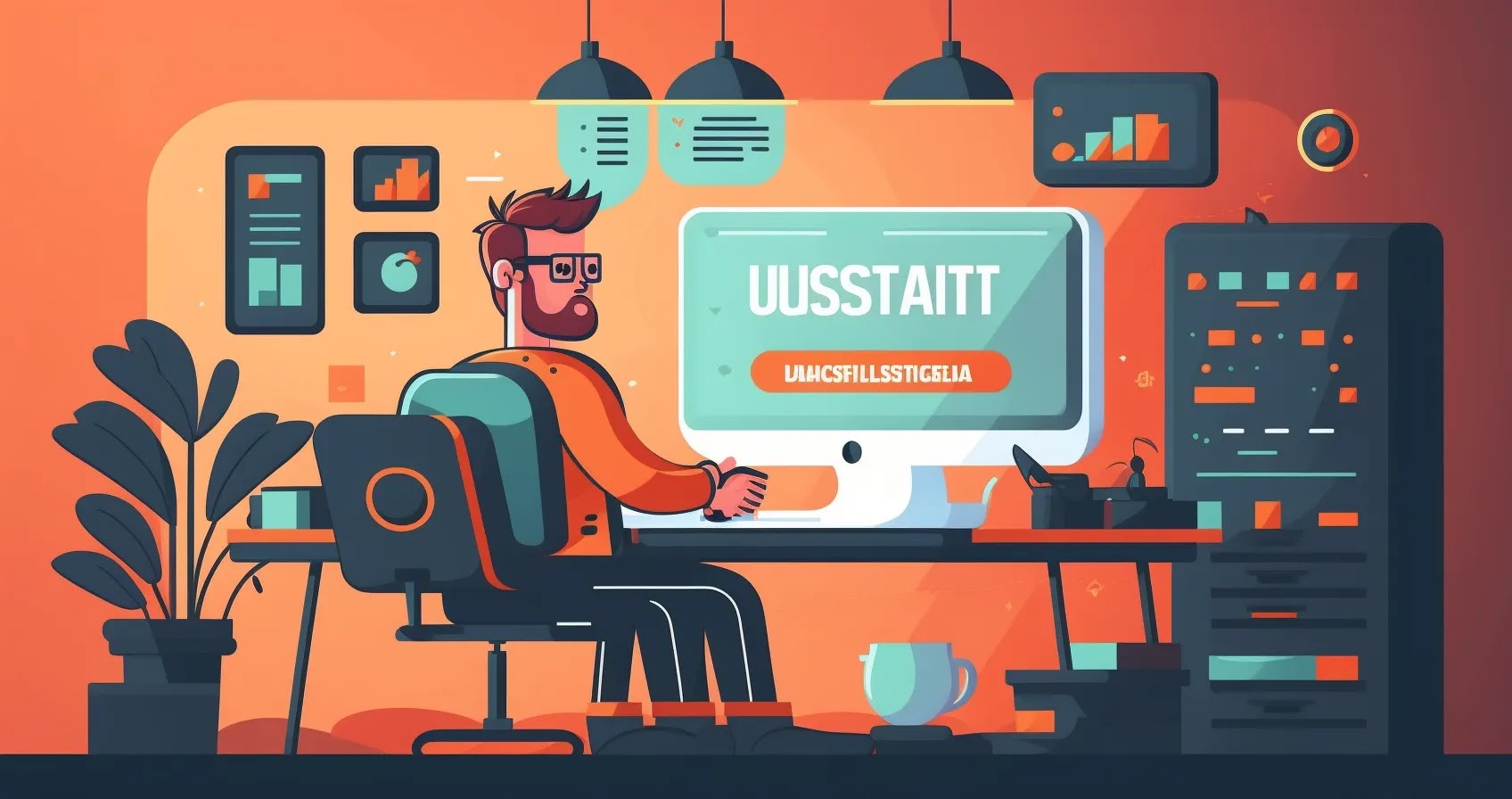Are you interested in becoming a usability specialist? Do you have a passion for improving user experience and user interfaces? If so, then this may be the perfect career for you!
Quick Navigation:
Reasons to Become a Usability Specialist
As a Usability specialist, you will play a crucial role in ensuring that websites, software applications, and other digital products are user-friendly and easy to navigate.

This is becoming increasingly important as more and more businesses move their operations online.
Usability specialists are in high demand, and this career offers a competitive salary, opportunities for growth, and the chance to make a real impact on the way people interact with technology.
Career Path of a Usability Specialist
To become a usability specialist, you will typically need a bachelor’s degree in a related field such as computer science, human-computer interaction, or psychology. You may also need to complete additional training or certification programs to develop the necessary skills and knowledge.
Once you have the required education and experience, you can start looking for entry-level positions in usability testing or user research. With time and experience, you can work your way up to more senior positions such as lead usability specialist or user experience director.
Career Development
As a usability specialist, there are many opportunities for career development. You can specialize in a particular area such as mobile app usability or website accessibility.
You can also move into leadership roles and manage a team of usability specialists. Additionally, you can stay up-to-date with the latest trends and technologies by attending conferences, networking with other professionals, and taking continuing education courses.
Requirements of a Usability Specialist
To succeed as a usability specialist, you need a combination of technical skills and soft skills. Technical skills include knowledge of usability testing methods, user research techniques, and data analysis tools.
Soft skills include communication skills, critical thinking, and problem-solving abilities. You should also be detail-oriented, organized, and able to work well in a team.
Interview Preparation for a Usability Specialist
During the interview process, you may be asked to demonstrate your knowledge and skills in usability testing and user research.
Be prepared to talk about your experience with different testing methods and how you have used data to inform design decisions. You should also be able to articulate your communication and collaboration skills, as these are critical for success as a usability specialist.
Work-Life Balance
As a usability specialist, you will typically work in an office environment during regular business hours. This provides a good work-life balance, as you will have evenings and weekends free to pursue personal interests and hobbies.
However, there may be times when you need to work overtime to meet project deadlines or attend conferences and events.
A Day in the Life of a Usability Specialist
Here is a sample of what a typical day might look like for a usability specialist:
| Time | Task |
|---|---|
| 9:00 am | Check email and respond to any urgent messages. |
| 10:00 am | Meet with the design team to discuss the latest project and review user feedback. |
| 12:00 pm | Lunch break. |
| 1:00 pm | Conduct usability testing on a new mobile app using eye-tracking software. |
| 3:00 pm | Analyze data from the usability testing and create a report with recommendations for design improvements. |
| 5:00 pm | Wrap up any outstanding tasks, update project management tools, and plan for tomorrow. |
Wrapping Up
If you have a passion for improving user experience and user interfaces, then a career as a usability specialist may be right for you. With the right education, skills, and experience, you can enjoy a rewarding career with opportunities for growth and development.






